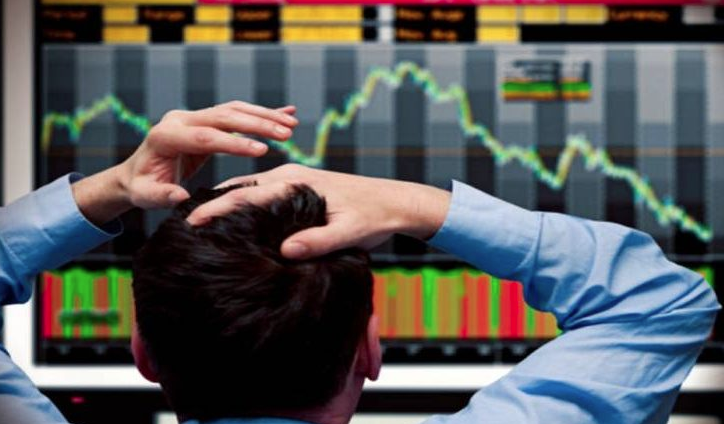How do you make trading decisions?

Scenario 1
Imagine you have £10000. You can keep it or take a chance. The chance is to flip a coin and if you choose the right side of the coin you win double; £20000. Choose the wrong side of the coin and you lose the £10000. What would you do? Take the money or take a chance?
Scenario 2
Now think of the scenario where you have to pay £10000 or take a chance. The chance is to throw a coin and if you lose you end up paying £20000. What would you do? Pay £10000 or take a chance.
A similar experiment to this one outlined above was actually done amongst people in the general population and it was found that in scenario 1 most people took the gain. In scenario 2 the majority of people were willing to take a risk. This experiment showed that people in the general population will tend to risk aversion and cutting profits early when they have them, while in a risky situation people are more likely to take chances. e.g. move stop losses etc. So, our impulses, for the majority of us are not set up to let profits run and cut losses short. Instead, we are primed to do the opposite - take profits early and let losses run! Not helpful for trading.
The intuitive vs the deliberate part of the mind
We have two aspects of thinking in our brains; the intuitive and the deliberate. The intuitive part of the brain is fast, automatic and effortless. In contrast, the deliberate part of our brain is slower, more logical and requires greater mental effort. In trading we want to be able to strengthen the relationship between our intuitive part of our mind and the deliberate part of our mind. The market can reveal many errors in our thinking. The sort of problems we might have are :
- Cutting winning trades short
- Not taking a perfectly good setup
- Adding to a losing position
- Taking unplanned trades
- Become angry and more aggressive after a losing trade
- Consistently make small money but unable to raise your game.
Helpfully for us there are certain scenarios where we are most likely to make these mistakes. We are all susceptible to mental blindspots and making thinking errors. We might like to pretend otherwise, or even deny them, but they affect us all. We all have some biases and we are all liable to them
- Confirmation bias - only factoring in evidence that supports your disposition
- Gambling fallacy - eventually my risk will pay off
- Loss aversion - fear of losing affecting trading
- Recency effect - my last three trades were losers and this has affected me
- Over optimistic - being unduly positive
There are lots more, but these are some of the key biases we have. We are more likely to act according to our bias if we are tired or stressed or really emotional. One way we can reduce our exposure to biases is by managing our risk, so that it is easier to keep track of our emotional state. Over-Leverage and we will take profits early and cut trades short more quickly as it is just too emotional to risk losing lots of money.
How to help ourselves
1. Develop an awareness of your own decision making. How do you make decisions? Do you have a set pattern? Or do you just react?
2. Keep a journal of your decisions and why you traded that way. Record any changes you make in the journal, so you can have a 'real time' log of your trading decsions. Did you move stops? Reduce or extend targets? Cut the position sooner?
3. Keep a checklist - Adam did a post a few months back reviewing a book titled the checklist manifesto by Atul Gwande
4. Have a record of your best trade scenarios
5. Do a pre-mortem. Imagine that the trade you are about to take is a future loss. This will give you a great perspective on your trade from the outset.
Be systematic in your decision making
Focus on the process of trading, not the results. This will focus the deliberate mind which is more logical. Build yourself a template. Something that is good for you. By doing this you can help marry the intuitive and the deliberate part of your mind together.
So , how do you make decisions? Do you have a process? Use your deliberate mind to focus on your trading process. Take care of the process and the process way of thinking will take care of you.




